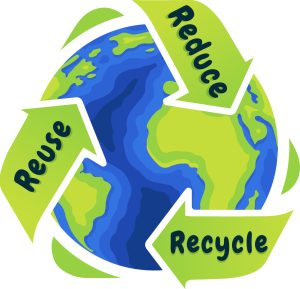 On March 31, 2025, England will implement the Simpler Recycling legislation, aiming to standardise waste management practices across businesses and non-domestic premises. This initiative seeks to enhance recycling rates and support the UKs transition towards a circular economy.
On March 31, 2025, England will implement the Simpler Recycling legislation, aiming to standardise waste management practices across businesses and non-domestic premises. This initiative seeks to enhance recycling rates and support the UKs transition towards a circular economy.
Key Requirements of the Legislation
Under the new rules, workplaces are mandated to separate their waste into distinct categories:
Additionally, workplaces generating garden waste are required to manage it following the waste hierarchy, ensuring its recycled or composted when environmentally beneficial.
Who Must Comply?
The legislation applies to any business or non-domestic premises producing waste similar in nature to household waste. This encompasses a wide range of establishments, including:
Its important to note that businesses with fewer than 10 full-time employees, termed micro-firms, have until March 31, 2027, to comply with these requirements.
Steps to Ensure Compliance
To align with the Simpler Recycling legislation, businesses should:
Consequences of Non-Compliance
Failure to adhere to these regulations may result in receiving a compliance notice from the Environment Agency. Such notices can be issued to waste producers, landlords, or facilities management companies responsible for waste presentation.
Support and Resources
The government offers guidance to assist workplaces and waste collectors in adapting to these changes. For detailed information and support, refer to the official guidance on Simpler Recycling.
By proactively implementing these measures, businesses can contribute significantly to environmental sustainability and ensure compliance with the forthcoming legislation.
Contact us for further information.